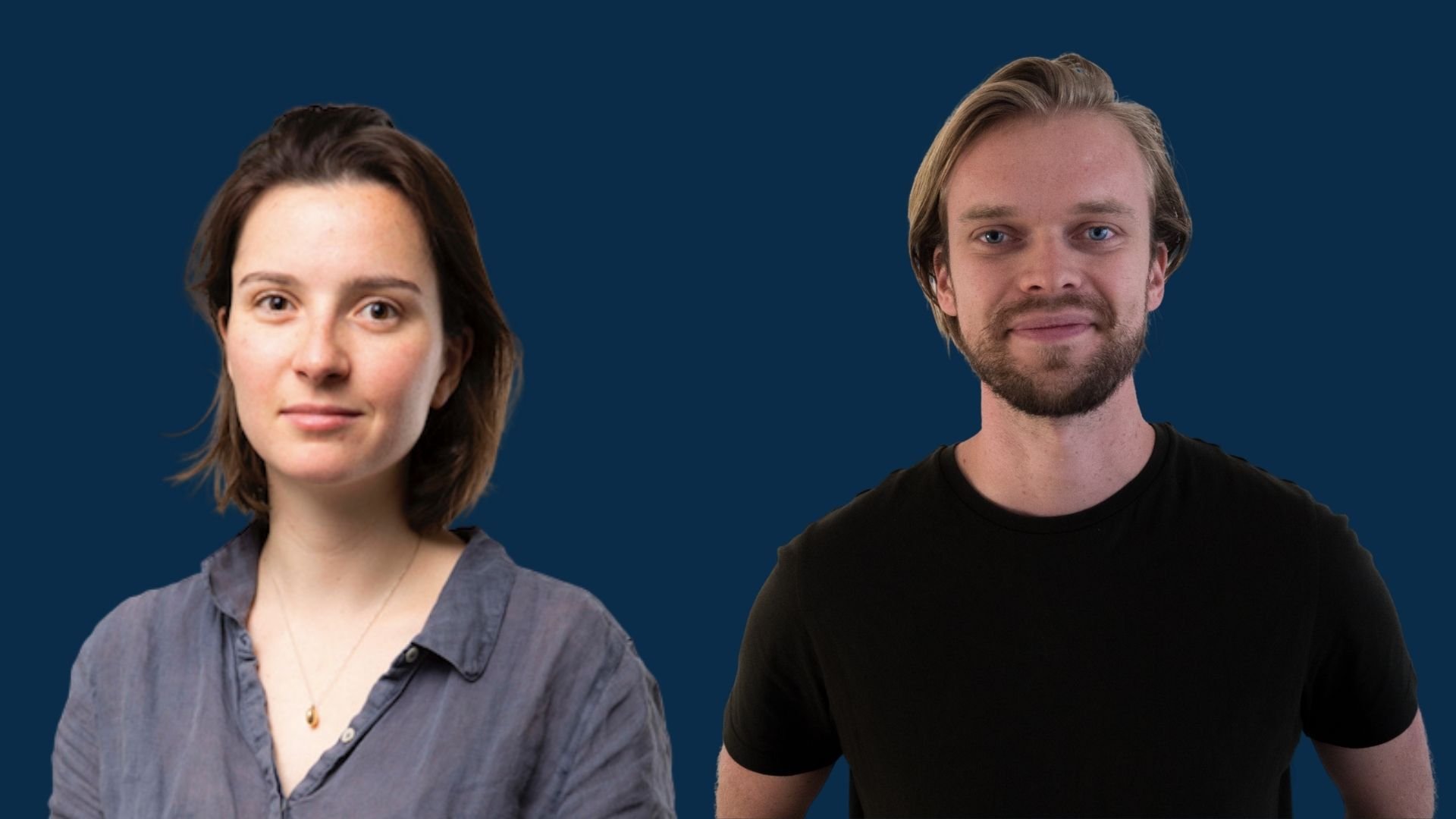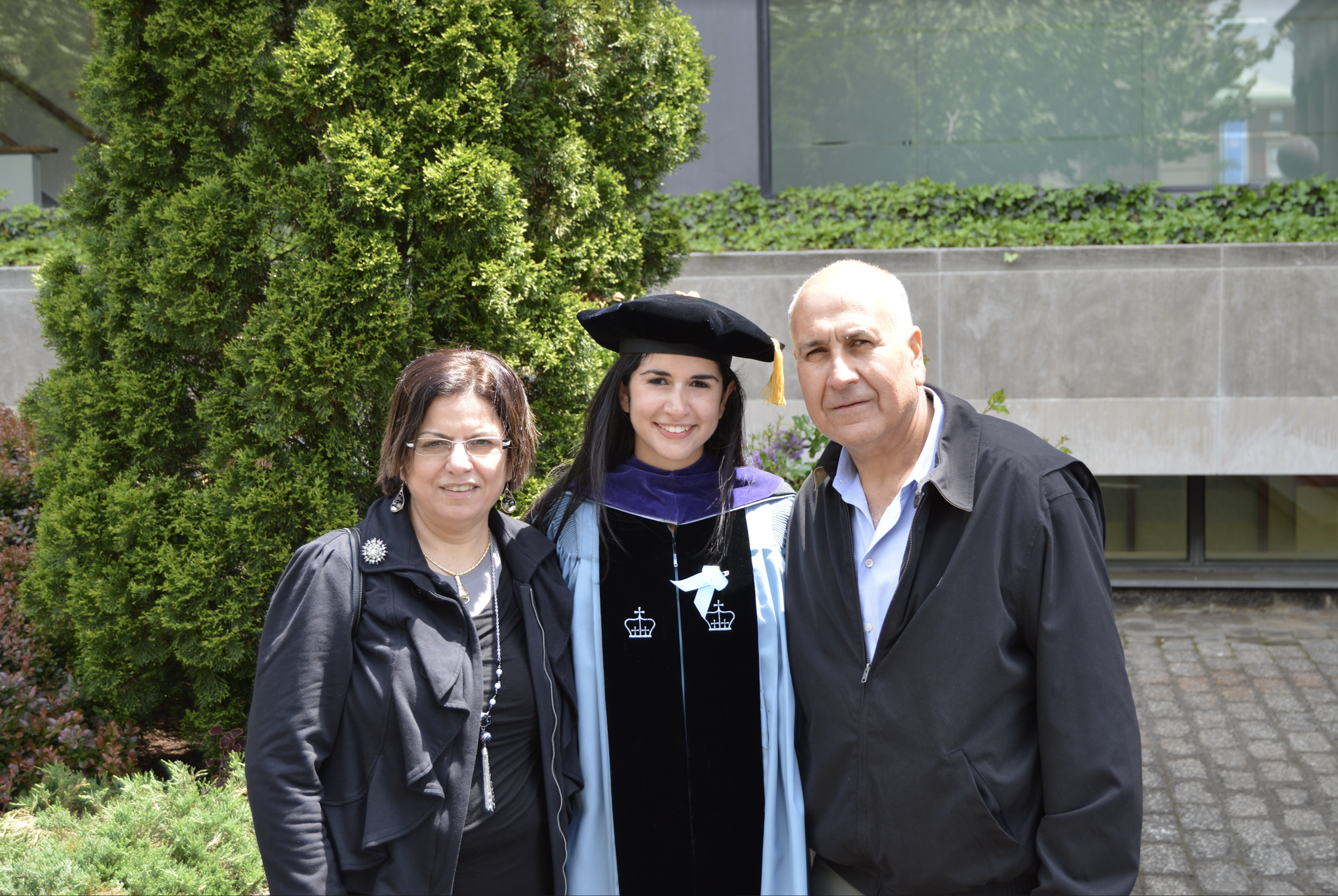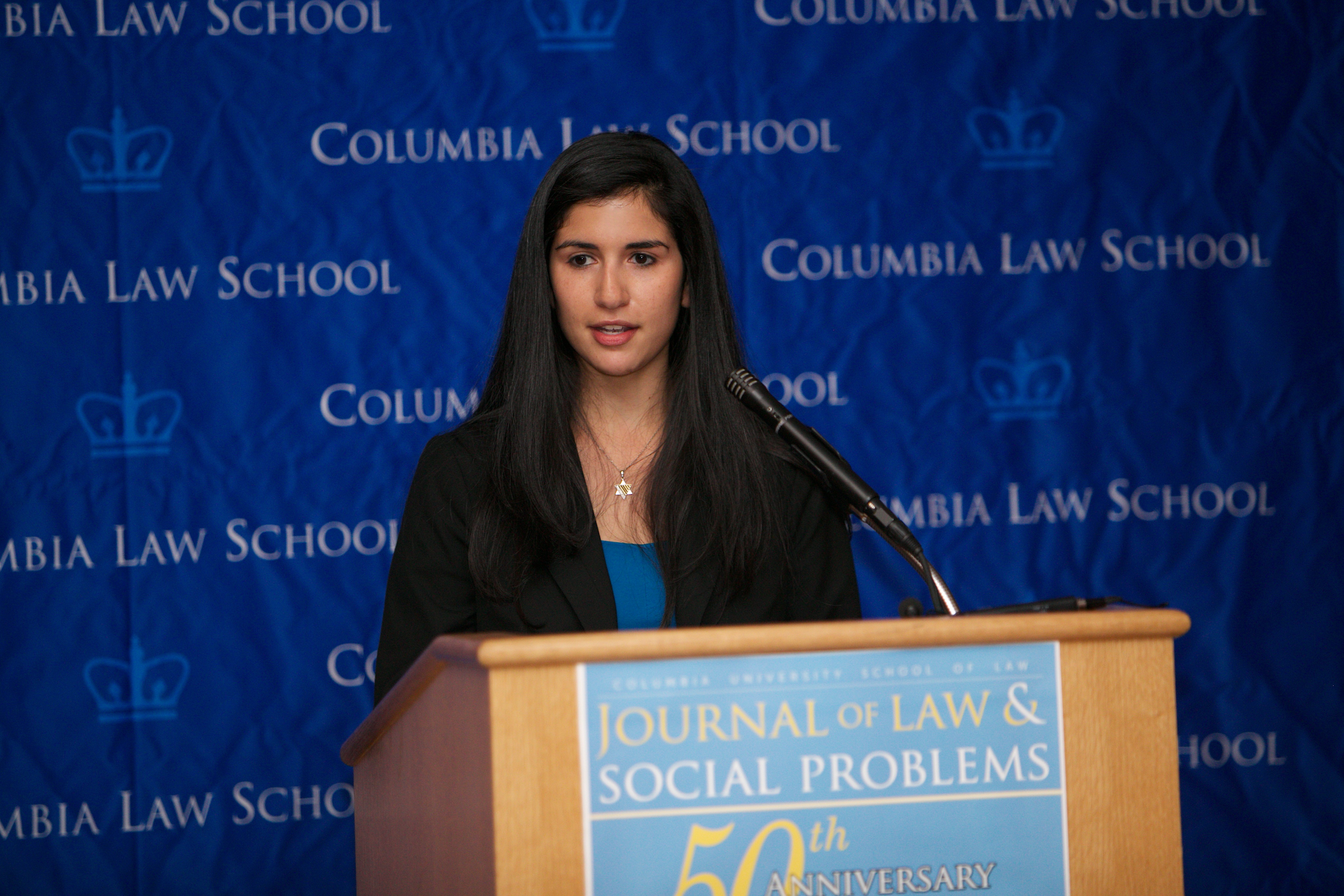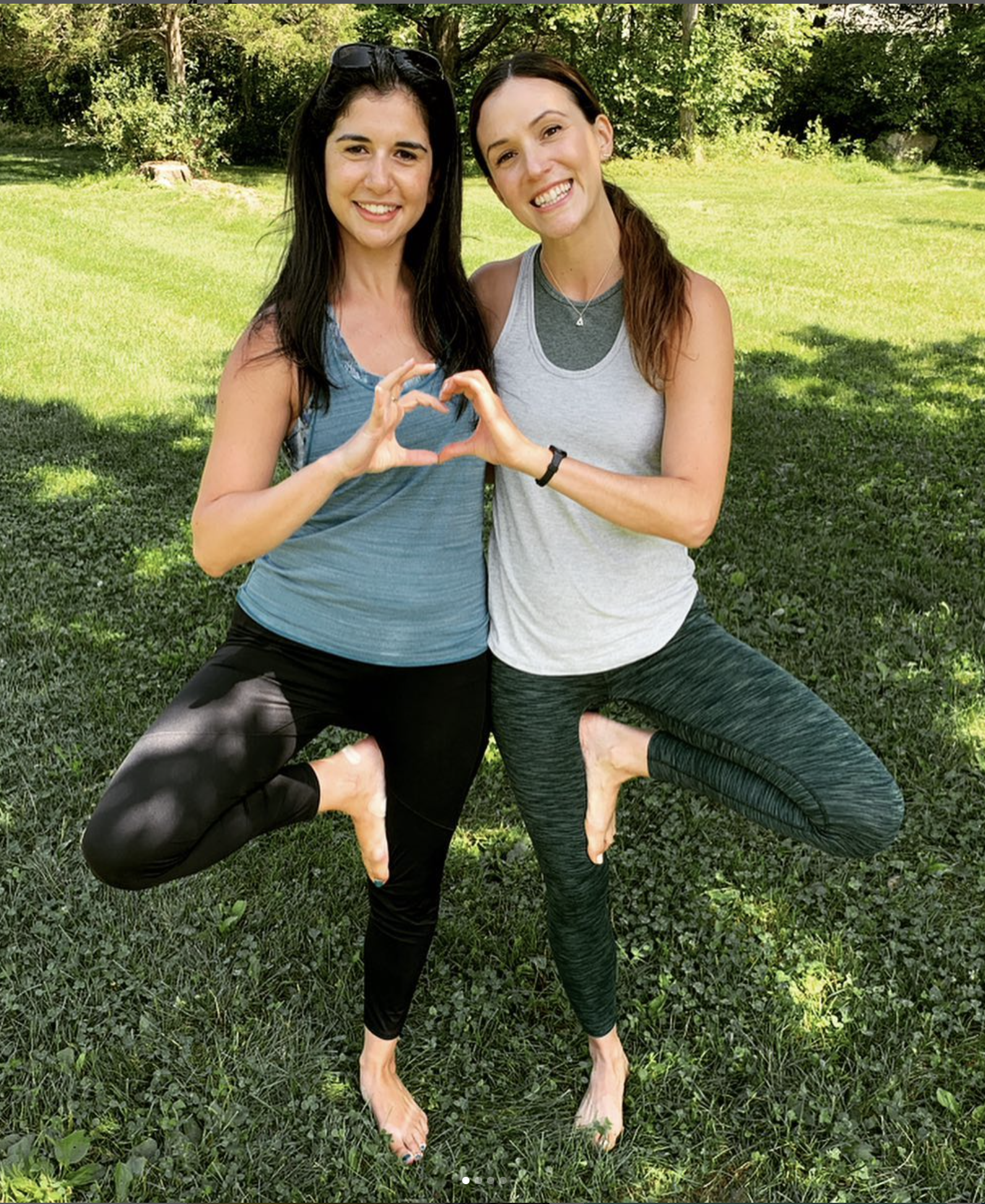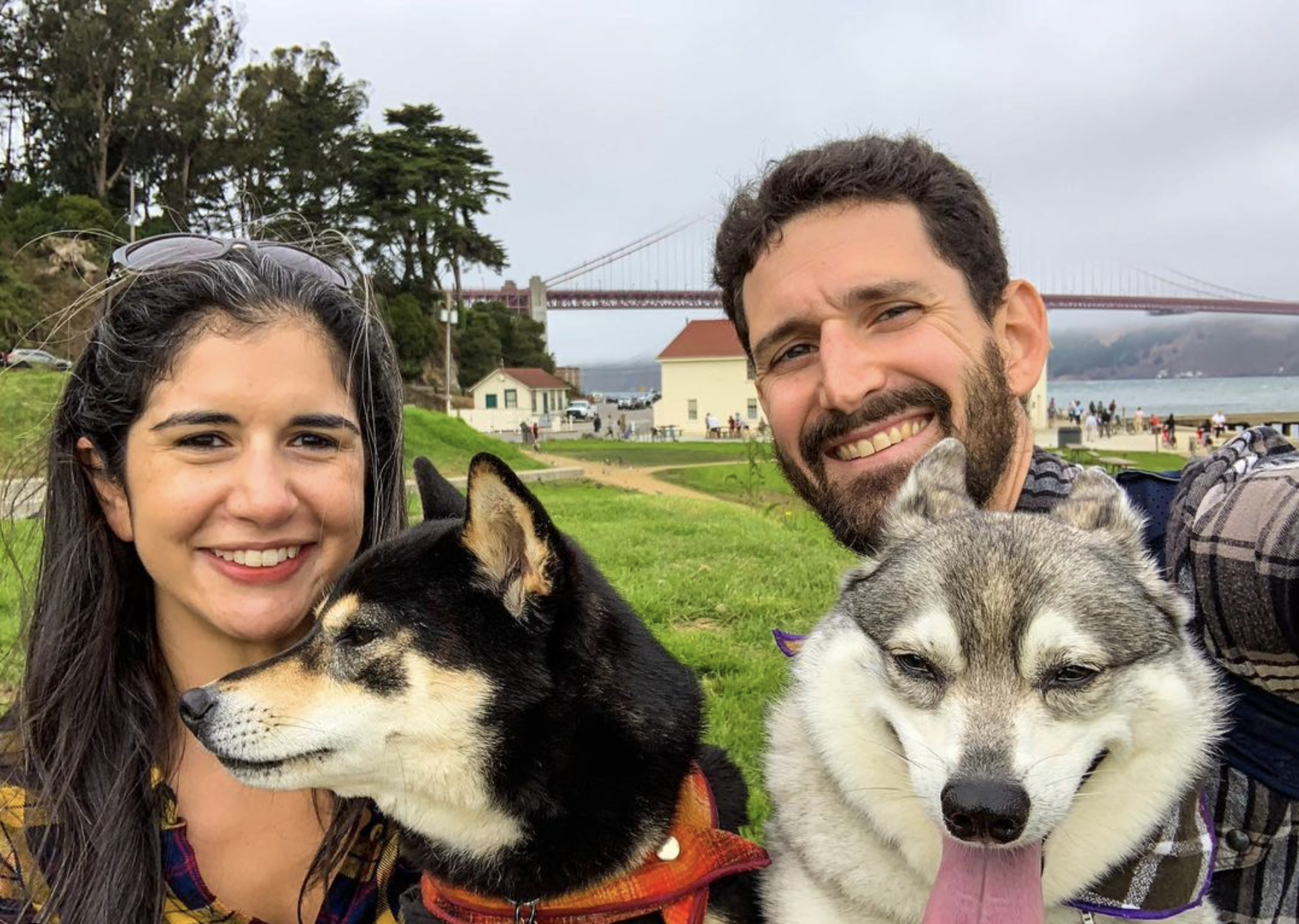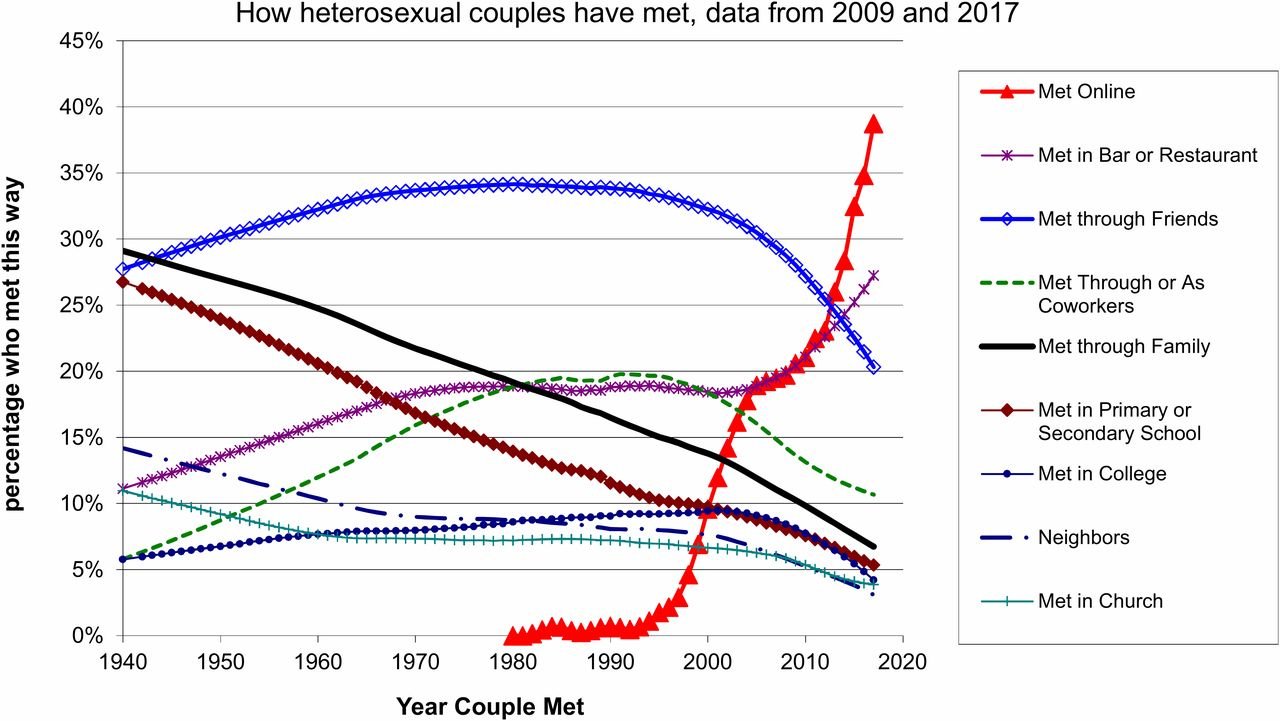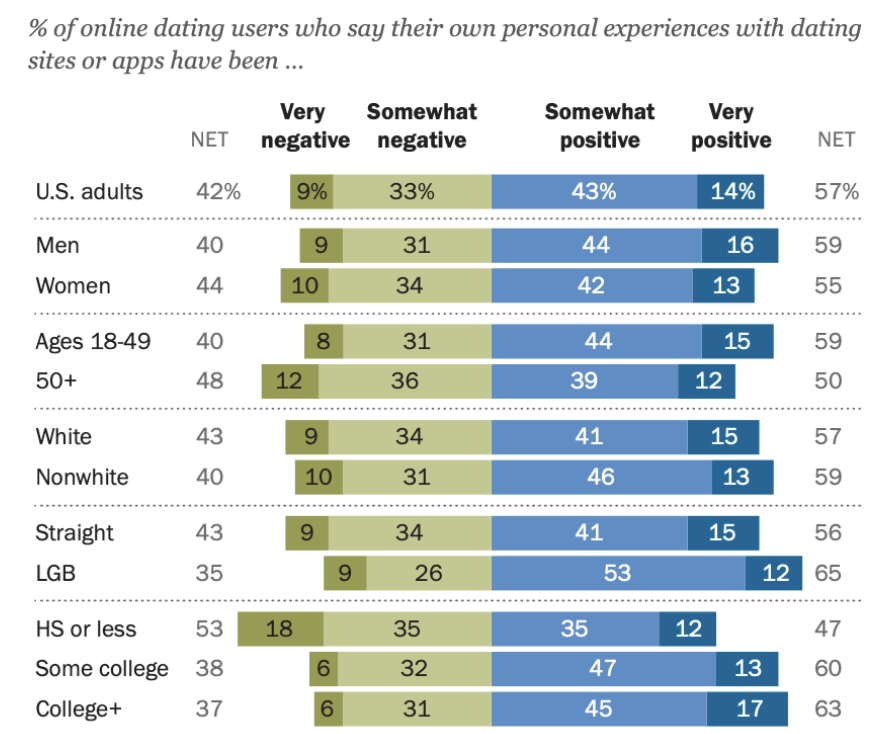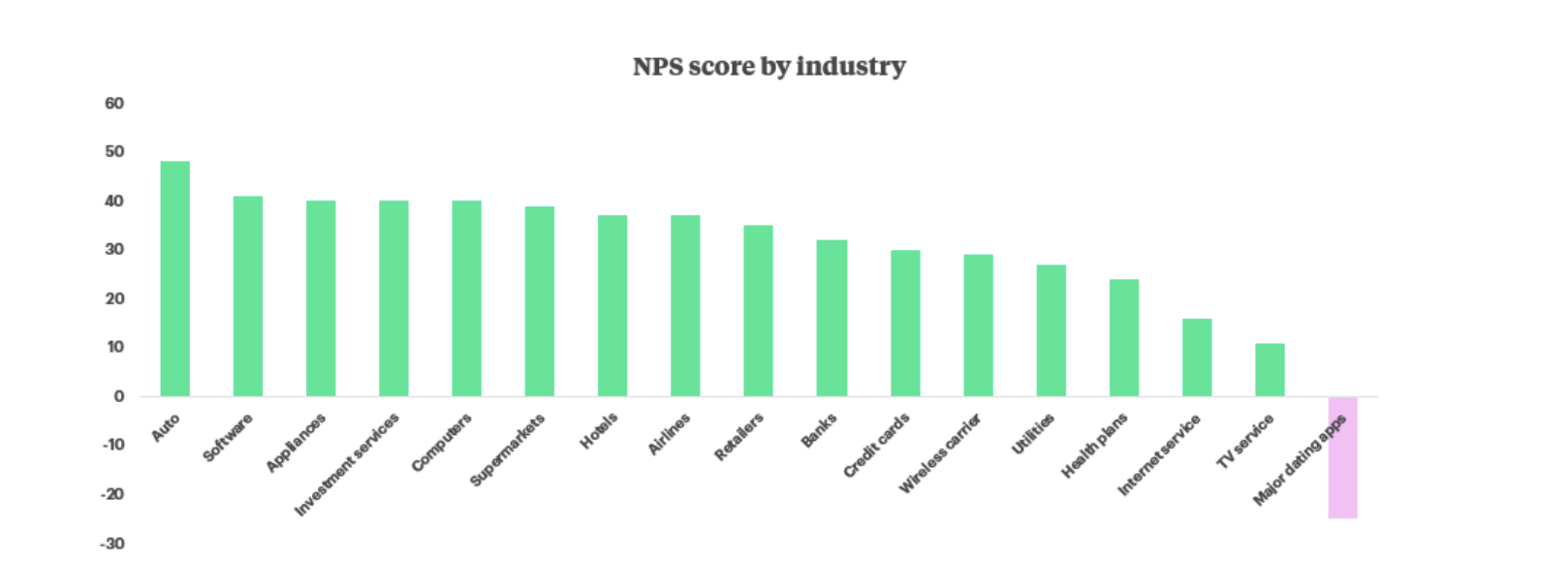The CVC Central Europe Chapter recently convened a panel for our community to discuss the key drivers shaping the venture community as we enter the recovery phase of the COVID 19 pandemic.
President Biden’s recently outlined his “BuildBBack Better'' plan, and as the $2T economic package is being contested in Congress, the proposal is more than twice as big as the 2009 financial crisis recovery package and would constitute a “once-a-generation investment in America.''
The proposal includes allocations for multi-billion dollar investments in high-speed broadband, electric vehicles, clean energy, small businesses, innovation, and domestic manufacturing funded by 15 years of higher taxes on corporations.
The implications of government spending of this magnitude for the venture capital community will likely be as deep as they are plentiful, in the United States, as well as abroad, however, it is far from the only factor driving evolution in the space.
The panel was moderated by Luc Gerardin, the CVC Europe Chapter Lead who was joined by Jaret Davis, a managing partner of Greenberg Traurig, and Dana Robert Colarulli, the executive director of Licensing Executives Society International (LESI).
These two esteemed attorneys have been active and distinguished members of the venture capital for nearly a half-century combined, specializing in corporate finance and intellectual property, respectively.
We are grateful to each of them for facilitating this important discussion and sharing their perspectives on the COVID pandemic, the new administration’s plans, and their effects on the international fundraising environment, deal-making in a COVID world, ESG, and other key drivers in this watershed moment in American history.
You can head over to the CVC Youtube channel for the full discussion of this edifying discussion, here were the highlights:
Expect a hybrid approach to deal-making to emerge we recovery from COVID.
It may seem like COVID has changed everything, but Davis reminds us that even before the pandemic, technologies have been converging and digital meetings have already become the norm in certain industries and the data shows that deal-making has not missed a beat.
According to research from Preqin, the aggregate value of venture deals in North America has never been higher while the number of deals has declined, indicating that, while funds are becoming more selective, bigger deals are becoming more common.
The decline in deals could be attributed, in part, to hesitation to virtual deal-making prevalent amongst the private market vanguard.
“It’s not 100% optimal. There is that loss of connectivity.”, Davis said. Despite its shortcomings and persistent reticence in the healthcare and industrial industries, there is reason to believe that remote deal-making will play a significant role in the venture ecosystem.
To Colarulli, the realization that digital and contactless solutions have proven their effectiveness throughout COVID could be a catalyst for new innovations. “Folks that have been around for a while used to say, ‘no deal without a meal.’ Well, that situation has changed”, Colarulli shared, with some amusement. “The timeline for those types of conversations has been reduced. We are realizing efficiency in being more virtual versus being in person.”
A hybrid approach that preserves meeting in person for major negotiations and funding kickoffs, while retaining the efficiency of handling something like due diligence over the phone, will likely become ubiquitous among firms as we recover.
The Dry Powder Keg, Build Back Better Plan, and the precipice of economic expansion.
Details on President Biden's Build Back Better plan are starting to surface ahead of its vote in Congress and it would seem that entrepreneurs and investors will have cause for optimism.
"They don't believe it is going to go through an agency." Davis said, "They have been very clear that they believe it is start-ups: small, nimble companies that will probably execute on a lot of these."
This economic plan is also expected to raise corporate taxes substantially with a 7% increase in the corporate tax rate, in addition to new taxes levied on booked income and for international revenues, This increase may make startups from overseas more competitive for US private market capital, of which there is plenty of at the moment.
The total amount of uninvested capital, or dry powder, is still quite high, sliding only $500bn from $1.5tn in Jan. of 2020 to $1tn in Jan. 2021. “People have been sitting on the sidelines,” observed Colarulli. “There is this incredible amount of tension that may release funds and initiate more resources available particularly for innovative companies.”
The urgency to deploy capital has coincided with and perhaps even catalyzed not only the re-emergence of exotic financing tools like special purpose acquisition vehicles (SPACs) and direct listings but higher valuations. “The institutional investment community is going to make sure that these deals get done,” said Davis, “People are starting to wake up about the public markets, historically people stayed away from the public markets because the traditional IPO process is so inefficient.”
All this means is, more options to take a company public than ever, presenting new opportunities for private market investors as well as startups outside of North America. The number of SPAC's in the first quarter of 2021 alone has eclipsed the 220 SPAC’s issued last year.
The multi-trillion-dollar economic plan is forecasted to include $1.3tn for investments in sustainable infrastructure, $600bn in investments in clean energy innovation, and similar investments in breakthrough frontier technologies, manufacturing, and the caregiver economy.
It is a firm commitment to the economic values of the new administration and would set the stage for explosive growth in terms of jobs, grants, and incentives. “The White House is setting the priorities. This administration can play a very strong role in helping us prioritize and draw people’s interest in those particular areas where we need to see private sector investment and innovation to keep the US competitive internationally,” said Colarulli.
Enhanced focus on ESG and Corporate Responsibility
“Understand that a whole third of all capital available to be deployed in the United States via alternative investment routes is subject to social responsibility investing (SRI) guidelines of some kind.” urged Davis. As the effects of contemporary issues such as algorithmic bias, climate change, and social inequality intensify, more scrutiny will be required of companies of “mission-driven” start-ups for proof of their claims.
“When you drill down and ask, ‘well, can you measure this, can you show us this commitment’, they all fail,” said Davis, referencing big and small companies that may claim to have ESG commitments, policies, and mandates.
Sophisticated investors are starting to pull cards: audits may become more commonplace leading to taxing penalties and loss of credibility for companies paying lip service to sustainability or social equality.
“When compliance plans first started coming out in the ’80s and 90’s, people would sort of fake it, if you will, and they were tagged by the authorities,” Davis added. He advises companies, large and small, to be substantive about these issues in a meaningful and measurable way, even if that means designating these responsibilities to specific members of the executive team.
This increased scrutiny could accelerate companies' focus on and adoption of a more robust ESG policy to validate their claims as they market themselves throughout the world to customer bases that care more than ever about how the products they use reach them and whether a company represents their values or lifestyle.
Thank You to our Panelist:
Jaret Davis
Jaret L. Davis is the Co-Managing Shareholder of the firm’s Miami office, where he oversees approximately 170 attorneys and 200 business staff based in the firm’s founding office and focuses his corporate and securities practice on domestic and cross-border mergers and acquisitions, capital markets transactions, and large financings. For over a decade, Jaret has led the efforts of the Miami office and served as one of several leaders leading efforts of the firm globally to be a dominant player in the technology industry. Most of Jaret’s clients are technology players, ranging from information technology companies to life sciences/biotech companies, to companies focusing on renewable energy sources. During this time, the Miami office has been a thought leader in representing angel investors, venture capital firms, growth equity funds, as well as various technology companies along with all intervals of the life cycle, from startup to multi-billion dollar publicly traded companies. He routinely provides representation to publicly traded clients having an aggregate market capitalization of over $20 billion. In addition to his practice, Jaret serves in several civic capacities which allow him to leverage his professional interests to assist the community.
Dana Robert Colarulli
Dana Colarulli is an attorney and senior government affairs professional with more than two decades of experience working on legal-related technology policy and intellectual property issues in and with the private sector, the Executive Branch, and the U.S. Congress. In various roles, he has served as a trusted advisor to corporate executives and government officials, managed and directed diverse teams that have led to the enactment of major intellectual property legislation, built coalitions to support policy positions and operational priorities, and proactively implemented strategic outreach and communications plans.
He currently also serves as the Executive Director of the Licensing Executive Society International (LESI), the umbrella organization of 33 national and regional associations supporting professionals who license intellectual property throughout the world. Most recently, Mr. Colarulli served as the Director of the Office of Governmental Affairs as a member of the Executive Management team at the U.S. Patent and Trademark Office (USPTO). As the top legislative liaison at the Department of Commerce on Intellectual Property issues, Mr. Colarulli facilitated substantive patent, copyright and trademark, and related policy discussions and advocated for USPTO operational priorities through two Administrations and nearly 10 years. Mr. Colarulli managed and grew a team at the USPTO to effectively engage Capitol Hill and build relationships with Members of Congress and other elected officials. Mr. Colarulli coordinated USPTO personnel to facilitate the enactment of various legislative reforms including the 2011 American Invents Act (AIA), the Defend Trade Secrets Act, and implementation bills for various trademark, patent, and copyright treaties.
References
Duehren A., Restuccia A., “Democrats Fact Test of Party Unity as They Plan Next Legislative Steps”, Wall Street Journal 12 March 2021.
Duehren A., Thomas K., “Biden Administration Officials Put Together $3 Trillion Economic Plan”, Wall Street Journal 22 March 2021.
Hoang L. “The Impact of the Biden Harris Administration on Venture Capital”, Valor Ventures (Blog) 13 Janurary 2021.
McGrath, C. “COVID-19 Couldn’t Stop Venture Capital Deal-Making in North America” Preqin (Blog) 2 February 2021
Goldfisher A. “Friday Letter: What a Biden Presidency means for VC”, Venture Capital Journal 13 November 2020.
©Mourtallah Faye 2021. All rights reserved.












